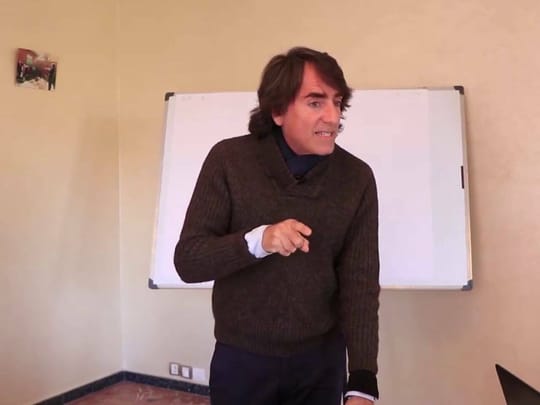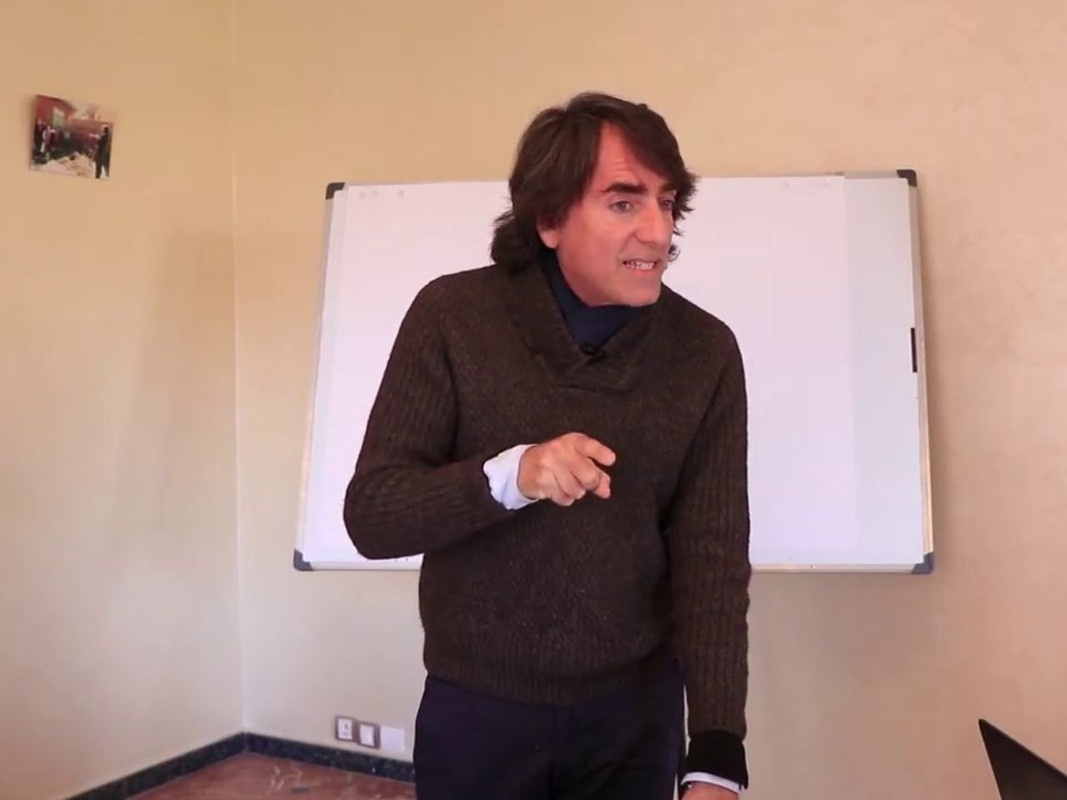Facilitating Participation for Sustainable Development

Facilitating Participation for Sustainable Development, Media for Freedom.
• Arabic: Al-Watan Voice, 7 Juin 2020.
How can we achieve sustainable development, not just globally, but specifically in Morocco? We must first consider what the central features of this development are. We must incorporate many factors in creative and innovative design: education, gender, ethics, economics, politics, culture, history, geography, finance, and technical aspects in order for sustainable projects to have enduring success. We also need to employ a participatory approach. We have learned over time through trial and error and observation of how development assistance has been institutionalized in the past 70 years that participation and sustainability are inextricably linked.
How can we actualize people’s participation in their own community’s change? We achieve it, first and foremost, by being skilled facilitators in conducting the kinds of community meetings in which people come together to express their points of view, their concerns and hopes and dreams, including the young, the ones without land, the remote, the disadvantaged, and the marginalized. As change agents, we at the High Atlas Foundation must plan, schedule, and coordinate such meetings. We must make sure that all parties are aware of it and that it occurs at a time when the participants are free to attend. We therefore have to adapt our schedules to theirs. We need to research and gather data in advance. Most importantly, we must be trained – through study, observation, and application – how to assist in consensus-building activities where all participants have a chance to speak. As sociologist August Comte noted, the way to know research methodologies and understand their intricacies is to apply them; it is the same for facilitation skills.
How do we become effective facilitators? Conventionally, we must provide a good environment where people can face each other, make eye contact, and listen to one another within a safe space, one in which rules and boundaries are set. Today, we must explore as best we can how we can attain the “sum being greater than the parts,” which happens when there is direct dialogue for decision-making among community members and partners. However, now we must achieve this condition of sustainability in the context of remote communication. Facilitators must be able to empathize to create that comfort zone, to balance each person’s length of time talking, and to sense how much to push or to release a speaker, how to react to those who resist or work against the process and encourage conversation to confront those obstacles. Facilitators must develop sensitivity.
When we allow others the maximum opportunity to lead and give space for that to occur, the projects that emerge have lasting benefits. This means having a broader understanding of what is needed. For example, the High Atlas Foundation has planted two million trees since 2014. For these cooperatives to gain further support from partners and donors for their fruit tree initiatives, they must monitor those trees. We need to help them build their capacity to do that even though it might not have arisen as one of their heartfelt desires. It is the job of HAF to interject information and project requirements to help steer a community in a direction that they did not perceive as necessary in order for that community to achieve success for what they envisioned – for something they want that includes procedures that they did not necessarily choose. This is an essential part of a facilitator: to bring in knowledge and conditions and factors and the reality of what is required in order to achieve the goals even if it means taking actions that the community does not prefer or plan.
Where are the available resources – financial and otherwise – that communities need in order to achieve what they most want? We need to know that information, to know whether the resources are within Morocco – at the national, provincial, or regional level – or outside of the nation, through the European or African Unions, for instance. Not only that, but we need to be able to assist them in accessing those resources. In this vein, we need to provide support in proposal development. They need advice from technical experts to design business plans that incorporate marketing and cost-benefit projections. We provide this, fielding volunteers from the USAID Farmer-to-Farmer Program. To be sustainable, the beneficiaries have to learn how to build those plans. That is also an essential part of what facilitators do – transferring those capacities and abilities to the people that want to realize those goals in their lives – because we cannot be business-plan builders forever. We need to equip the Moroccan people who we serve to develop the plans for their future.
Three-quarters of the people who experience poverty in this nation are in rural places. One of the things we see that keeps the Moroccan rural families down is that their products may be organic but are not certified and that if they do go to a market beyond Morocco are exported raw, so the growers themselves are not benefiting by the global rises in commodity prices. Not only do they not have the ability to transition to more lucrative crops from traditional barley and corn, but they do not have the capacity to process, to commercialize, or to efficiently irrigate. An effective facilitator must understand the global context that creates these harsh, bitter realities, must know multiple explanations for why societies have evolved to their current structures, with the control of women and girls, with the dissatisfaction and detachment from the production that the people dedicate themselves to every day, with these burdensome and oppressive conditions. We need to be steeped in theories of social change in order to understand the local realities.

Yossef Ben-Meir is a sociologist and president of the High Atlas Foundation.